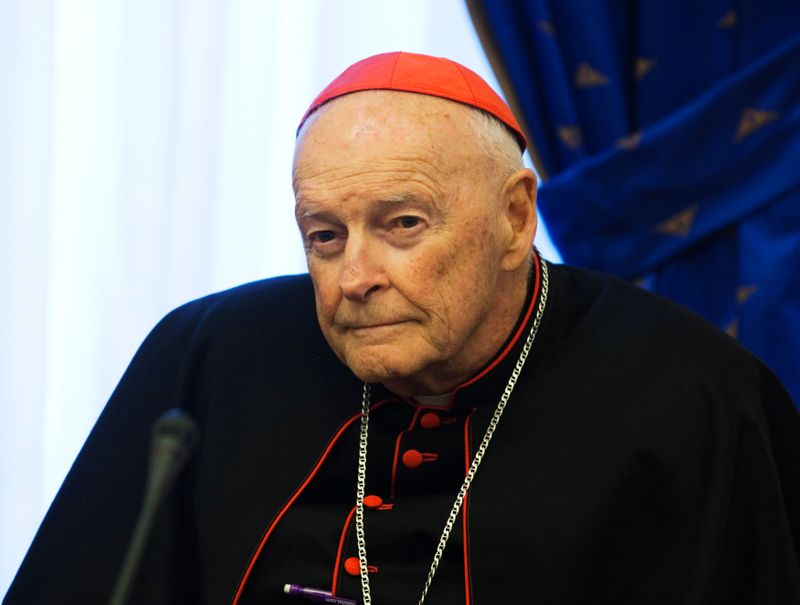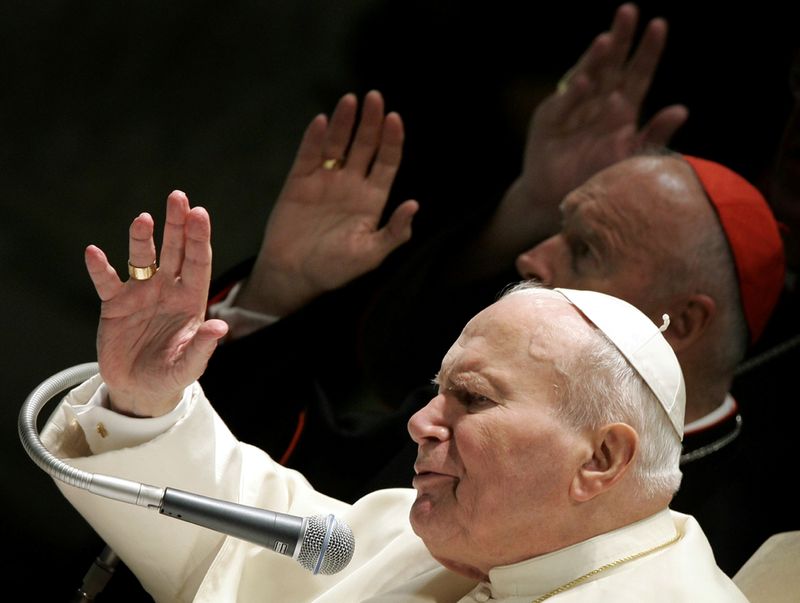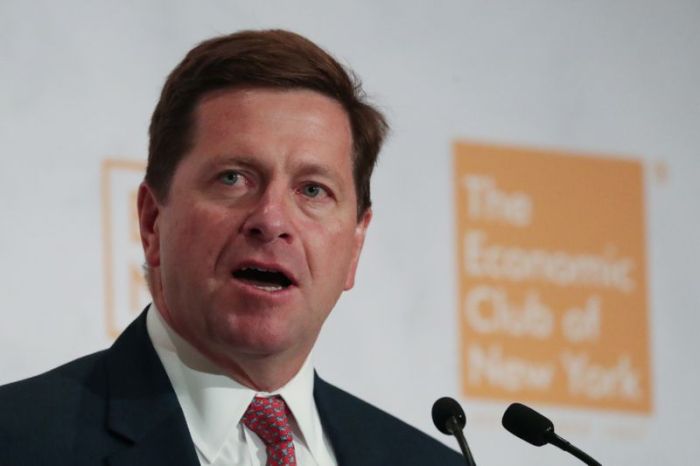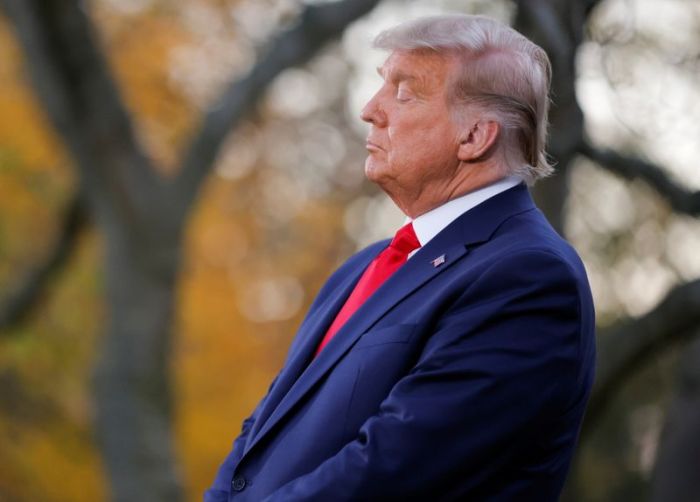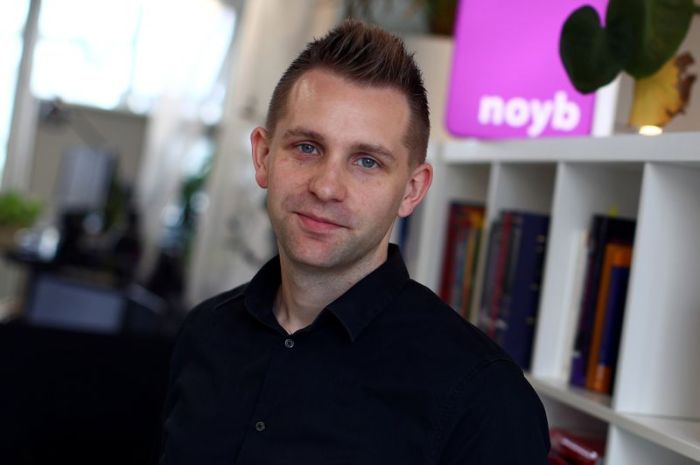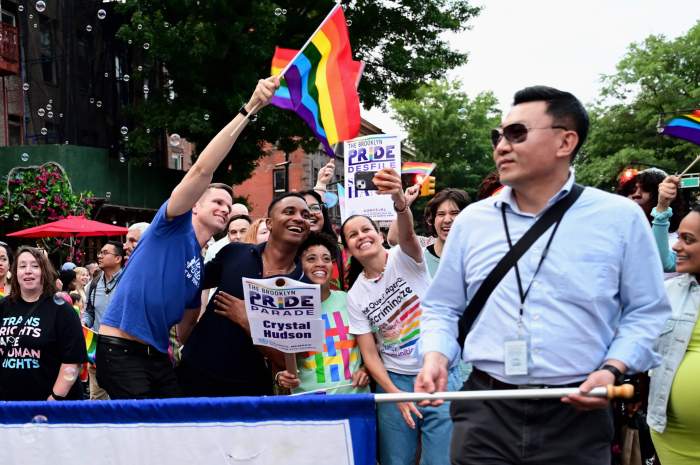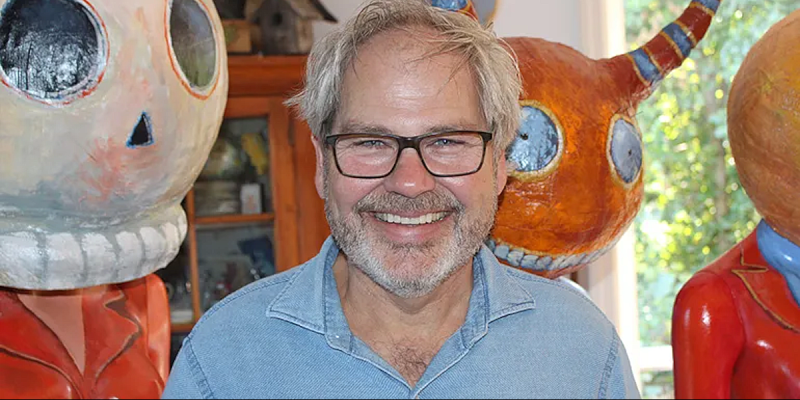(Reuters) – U.S. Roman Catholic leaders called on Monday for greater transparency and vetting in the appointment of bishops after the scandal of former Cardinal Theodore McCarrick, who rose through the ranks despite repeated allegations of sexual misconduct.
The American bishops made the suggestions during their annual general assembly, held virtually this year because of the coronavirus pandemic and in the wake of an explosive 450-page report issued by the Vatican last week.
McCarrick, a star of the U.S. Church, was expelled from the priesthood last year after an internal investigation found him guilty of sexual abuse of minors and adults and abuse of power.
The report showed that Pope John Paul II had promoted McCarrick in 2000 to be archbishop of Washington DC despite persistent rumours of sexual misconduct. The late pope believed his personal denial over the word of several senior Church officials who had advised him against promoting McCarrick.
“The lesson learned is that we should take very seriously the recommendations and comments that come from those in authority,” Donald Hanchon, an auxiliary bishop of Detroit, said during a public session of the meeting that was streamed on the Internet.
Bishop Mark Brennan of Charleston, West Virginia, said procedures leading to the appointment of bishops – which are for the most part secret and carried out by Vatican representatives – should be transparent.
“We should look at the way bishops are vetted,” he said. Brennan added that once a priest is slated for a promotion to the bishopric, his name should be made public before he takes office.
He suggested a two-month period to give people time to come forward with any information they may have.
“I’m really amazed with the autonomy we have, that we are really beholden to no-one,” said Bishop William Wack of Tallahassee, Florida.
“It’s a stunning, stunning report… people knew, there were whispers about things but no-one put the pieces together and very few people confronted the offenders directly,” Wack said.
Other bishops suggested the Church set up a system whereby seminarians studying for the priesthood are asked regularly if any bishop is abusing his power.
McCarrick has said he had no recollection of child abuse and has not commented publicly on allegations of misconduct with adults. Now aged 90, he is living in isolation.
The report found that he used his authority over the careers of priests and seminarians to force them to sleep with him.
The former cardinal was also a formidable fund raiser and often gave monetary gifts to other bishops and Vatican officials.
Bishop Michael Olson of Fort Worth, Texas, said the report mentioned the gifts but did not name who received the money. He said the information should be made public.
Several of the bishops defended the legacy of Pope John Paul, saying McCarrick was a pathological liar who had deceived the pontiff.
John Paul died in 2005 and was declared a saint in 2014, a record nine years for a process that sometimes takes decades or even centuries. Critics have said the canonisation process was too hasty.
(Reporting by Philip Pullella in Rome, Editing by Rosalba O’Brien)

